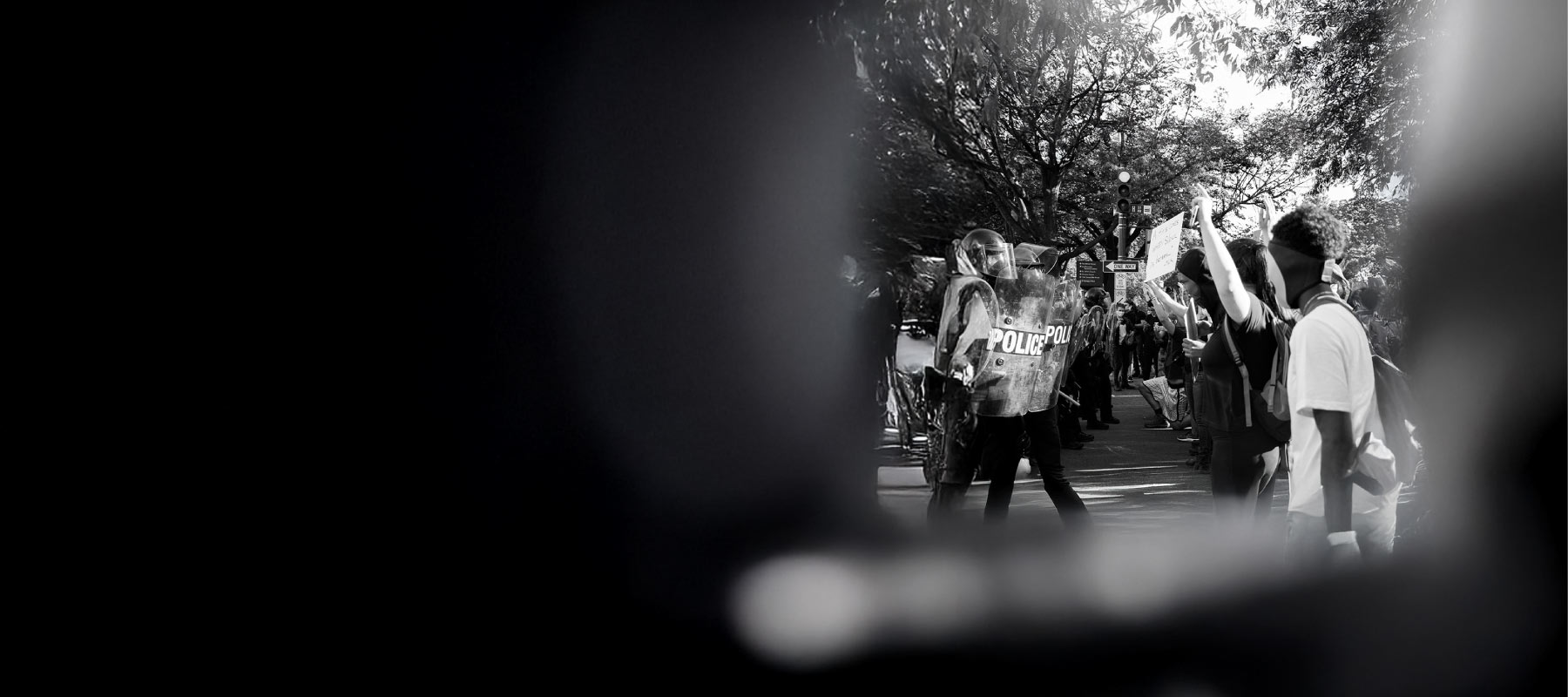Future-proofing HEINEKEN: The EverGreen strategy
Dolf van den Brink, CEO of HEINEKEN, left the company’s global headquarters in Amsterdam for a company retreat. Over the next three days, the entire executive team would gather to discuss the company’s future. The preliminary results for 2022, presented during the recent two-day Capital Markets Event, were positive, and the company’s progress on its key strategic pillars painted an encouraging picture – a sign that HEINEKEN’s EverGreen strategy was in full swing. However, rising prices and global inflation were expected to put pressure on operating costs and consumers’ purchasing power. In addition, geopolitical and macroeconomic developments were threatening to create a post-pandemic world characterized by uncertainty and volatility. Finally, society was changing at a rapid pace, along with consumer and customer expectations. In June 2020, when van den Brink was appointed CEO at the height of the Covid-19 pandemic, he was faced with a daunting task. Not only did he need to lead the company through an unprecedented crisis, he also had to future-proof the organization well beyond the end of the pandemic. In February 2021, after months of exchanges with over 200 colleagues around the world, van den Brink unveiled the company’s new strategy, EverGreen. This multiyear plan was designed to turn HEINEKEN into a highly adaptive organization capable of thriving in a dynamic and fast-paced environment, while at the same time creating long-term sustainable value for stakeholders. The strategy was underpinned by HEINEKEN’s analysis of its core strengths, emerging macro trends and perceived opportunities. As van den Brink made his way through the evening traffic, he thought about the upcoming company retreat, which he felt was coming at just the right moment. The team needed to reflect on EverGreen’s implementation while deep-diving on key strategic initiatives that, if successfully implemented, would future-proof the company for years to come.
- Understand the macro factors that have shaped (and will shape) the beer industry
- Analyze how globally disruptive phenomena, such as the pandemic, affect the beer industry in both the short and long term
- Explore the need for a large beer producer such as HEINEKEN to make adjustments in view of current and likely future disruptions
- Explore strategy in an environment characterized by a high degree of uncertainty
- Think holistically about how to design a multi-year corporate strategy
HEINEKEN, Consumer Goods, Beer
2020-2023
Cranfield University
Wharley End Beds MK43 0JR, UK
Tel +44 (0)1234 750903
Email [email protected]
Harvard Business School Publishing
60 Harvard Way, Boston MA 02163, USA
Tel (800) 545-7685 Tel (617)-783-7600
Fax (617) 783-7666
Email [email protected]
NUCB Business School
1-3-1 Nishiki Naka
Nagoya Aichi, Japan 460-0003
Tel +81 52 20 38 111
Email [email protected]
IMD retains all proprietary interests in its case studies and notes. Without prior written permission, IMD cases and notes may not be reproduced, used, translated, included in books or other publications, distributed in any form or by any means, stored in a database or in other retrieval systems. For additional copyright information related to case studies, please contact Case Services.
Research Information & Knowledge Hub for additional information on IMD publications

A new law requires large listed companies in the EU to appoint members of the underrepresented gender (usually women) to 33% of all director roles.

Subsidies of renewables has led to electricity prices frequently falling to less than zero leading to opportunities for consumers

#post_excerptHannele Jakosuo-Jansson of Neste and Finnair shared key insights on board roles in CEO transitions and culture shifts with IMD’s High Performance Boards program.

A relentless focus on accountability and continuous improvement transformed Valmet from an underdog into an industry leader in a decade. Pasi Laine tells Jean-François Manzoni how it was done.

Once corporate activists, today’s CSOs are business integrators. 6 ways the CSO role is evolving: strategist, risk mitigator, innovator, regulator, storyteller, and leader.

An intelligent organizational sensory system detects, processes, and acts on change signals, giving your company a strong competitive edge.

According to the 2025 Edelman Trust Barometer, trust in employers is declining for the first time. Here are practical measures to get back on track.

Three Ways to Deal with Your Boss when they act against civility, empathy, and ethics. Discover strategies to handle difficult workplace dynamics effectively.

AI is revolutionising industry by improving efficiency and driving sustainability. Discover how data-driven insights shape a greener future

Six ways leaders can shape corporate reputation building strategies within their organizations, drawing on key insights from a Bloomberg Media study.
Research Information & Knowledge Hub for additional information on IMD publications
Research Information & Knowledge Hub for additional information on IMD publications
Research Information & Knowledge Hub for additional information on IMD publications
Research Information & Knowledge Hub for additional information on IMD publications
in I by IMD
Research Information & Knowledge Hub for additional information on IMD publications
Research Information & Knowledge Hub for additional information on IMD publications
in I by IMD
Research Information & Knowledge Hub for additional information on IMD publications
Research Information & Knowledge Hub for additional information on IMD publications
in I by IMD
Research Information & Knowledge Hub for additional information on IMD publications
in I by IMD
Research Information & Knowledge Hub for additional information on IMD publications

